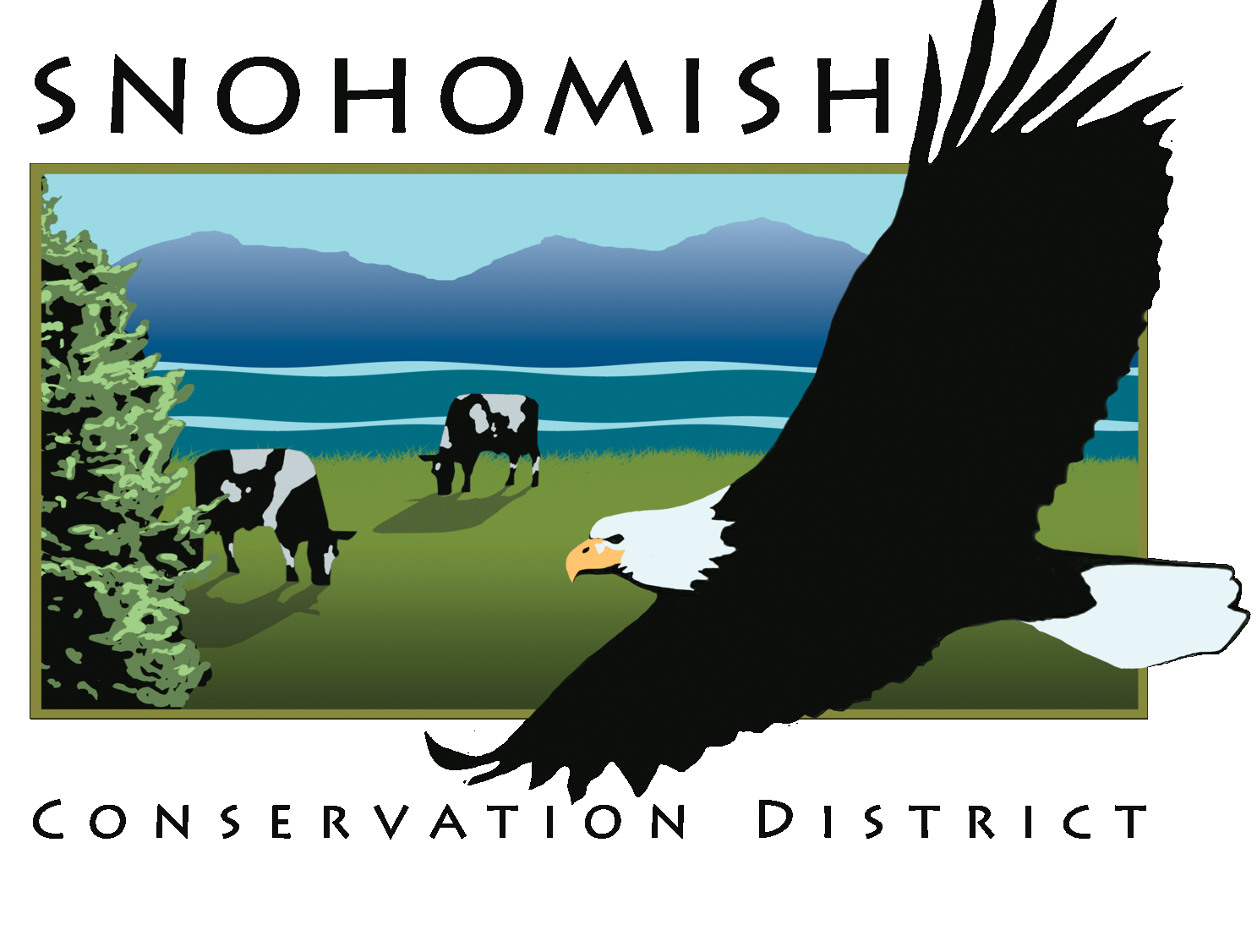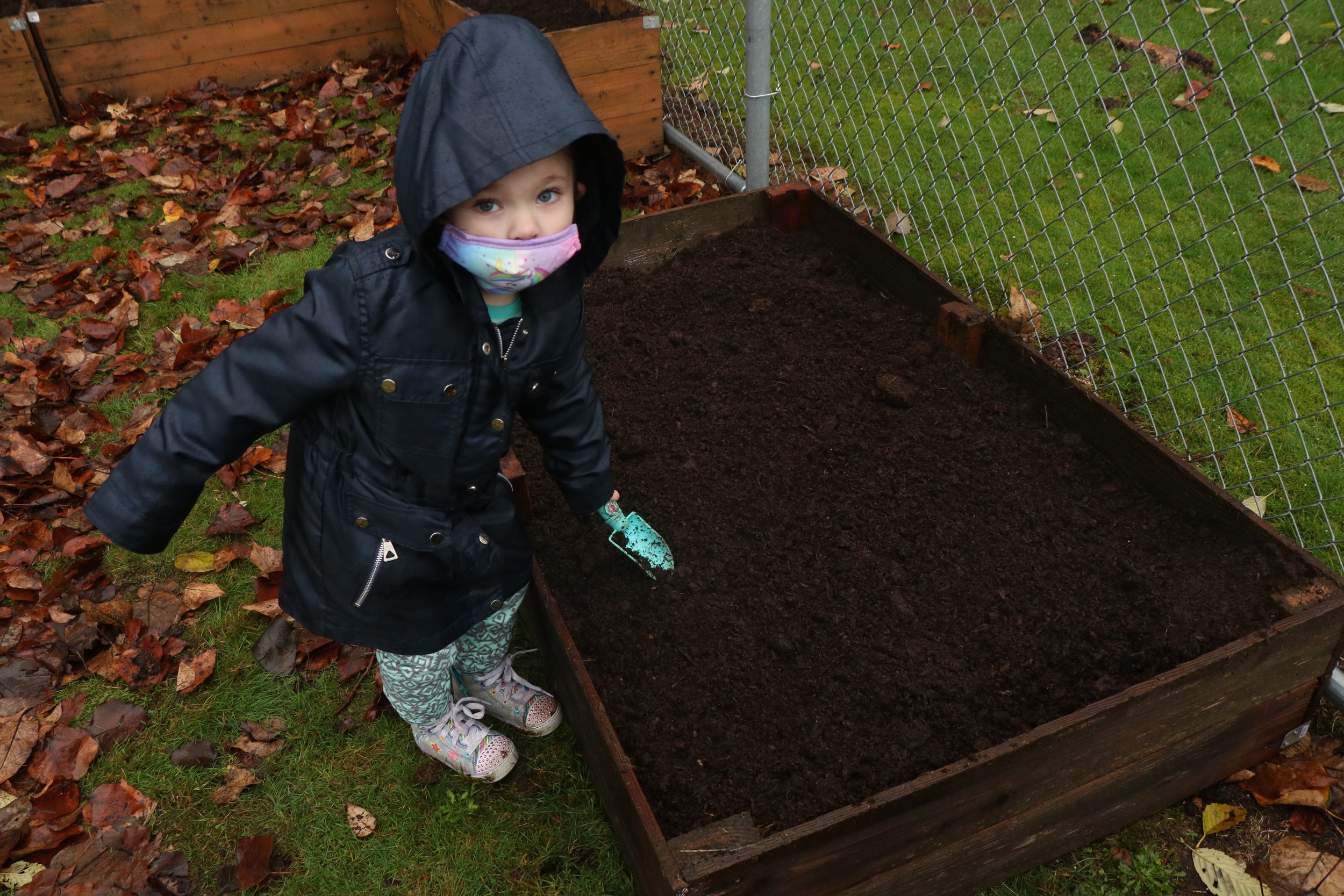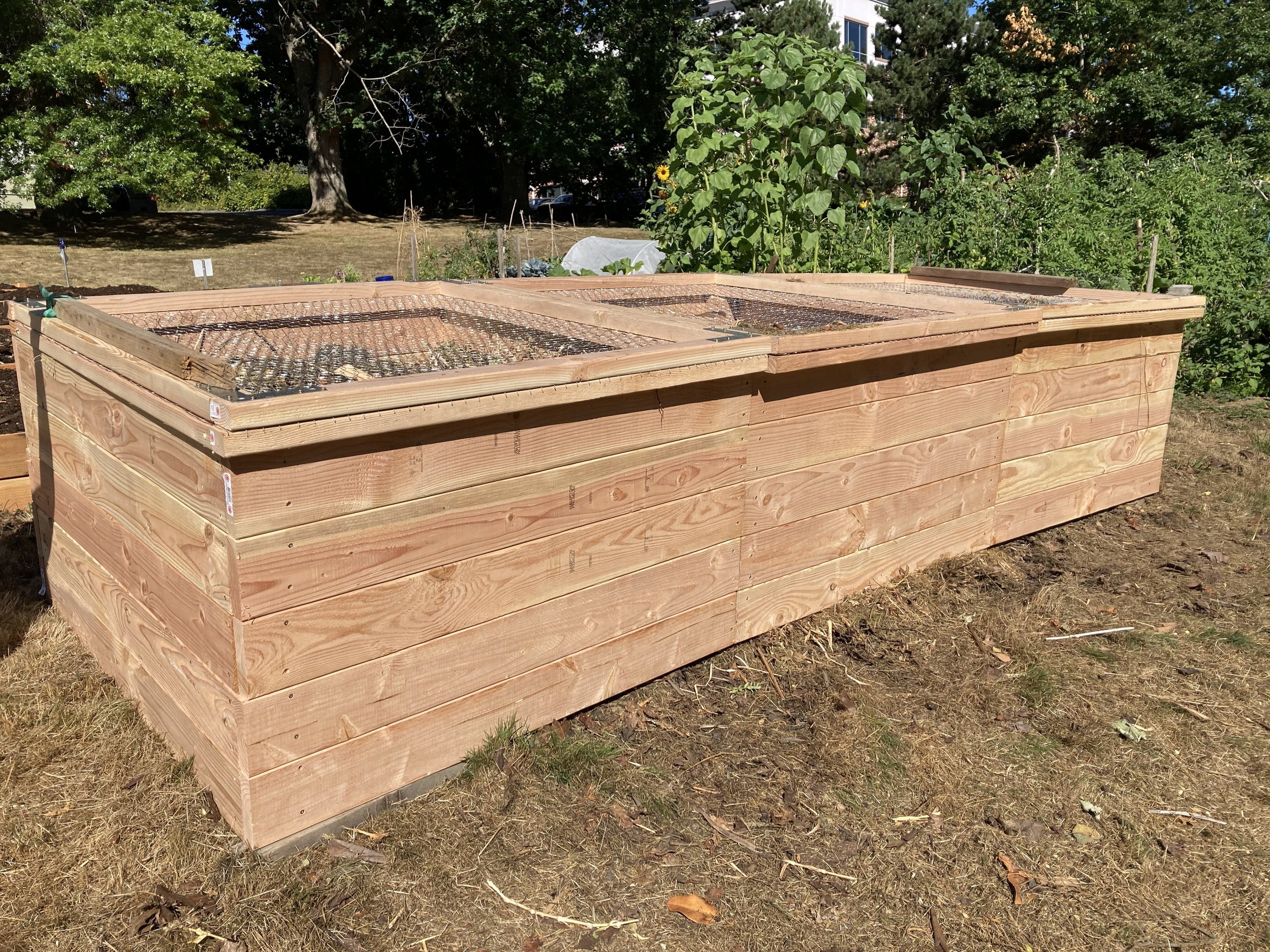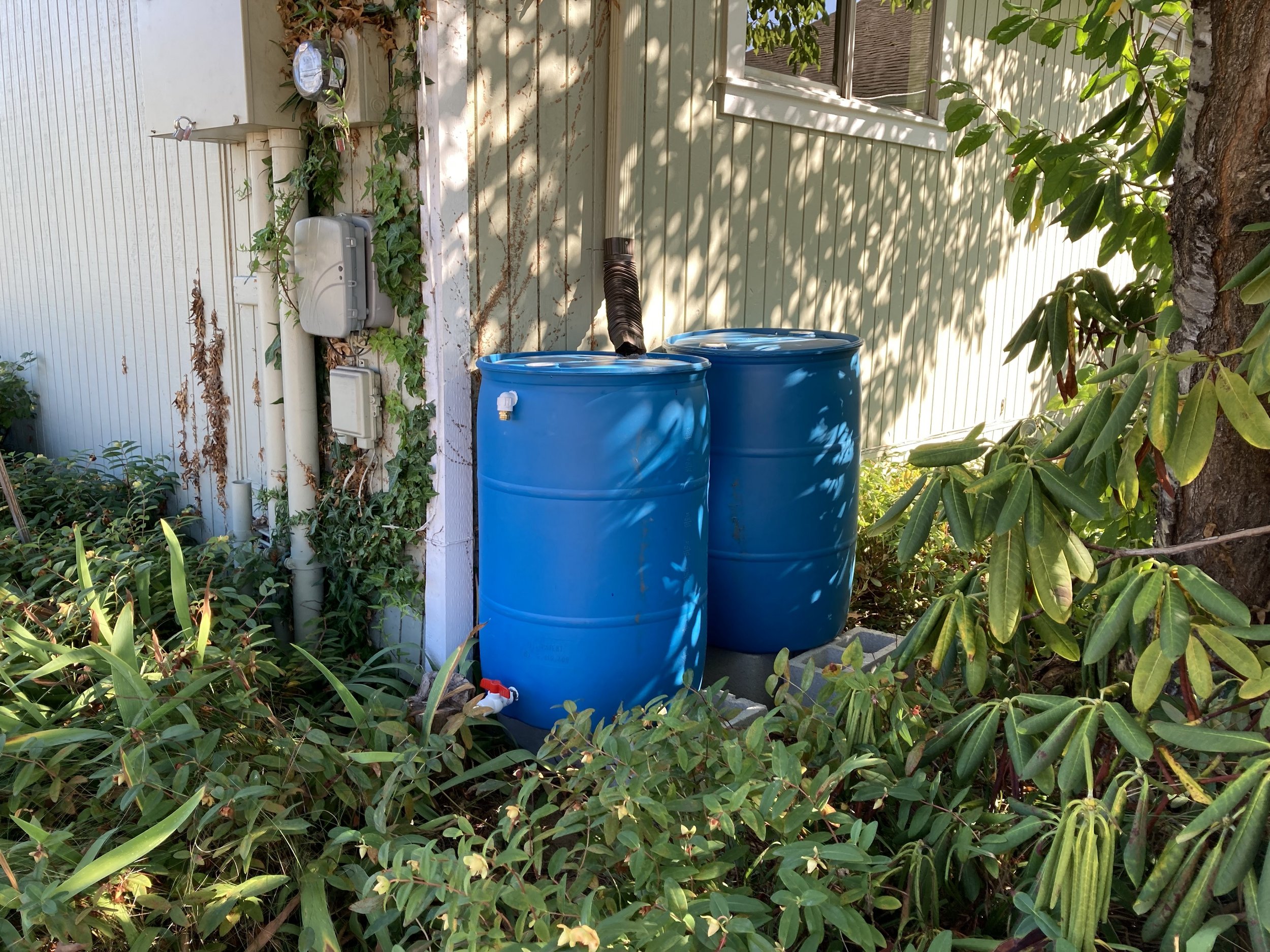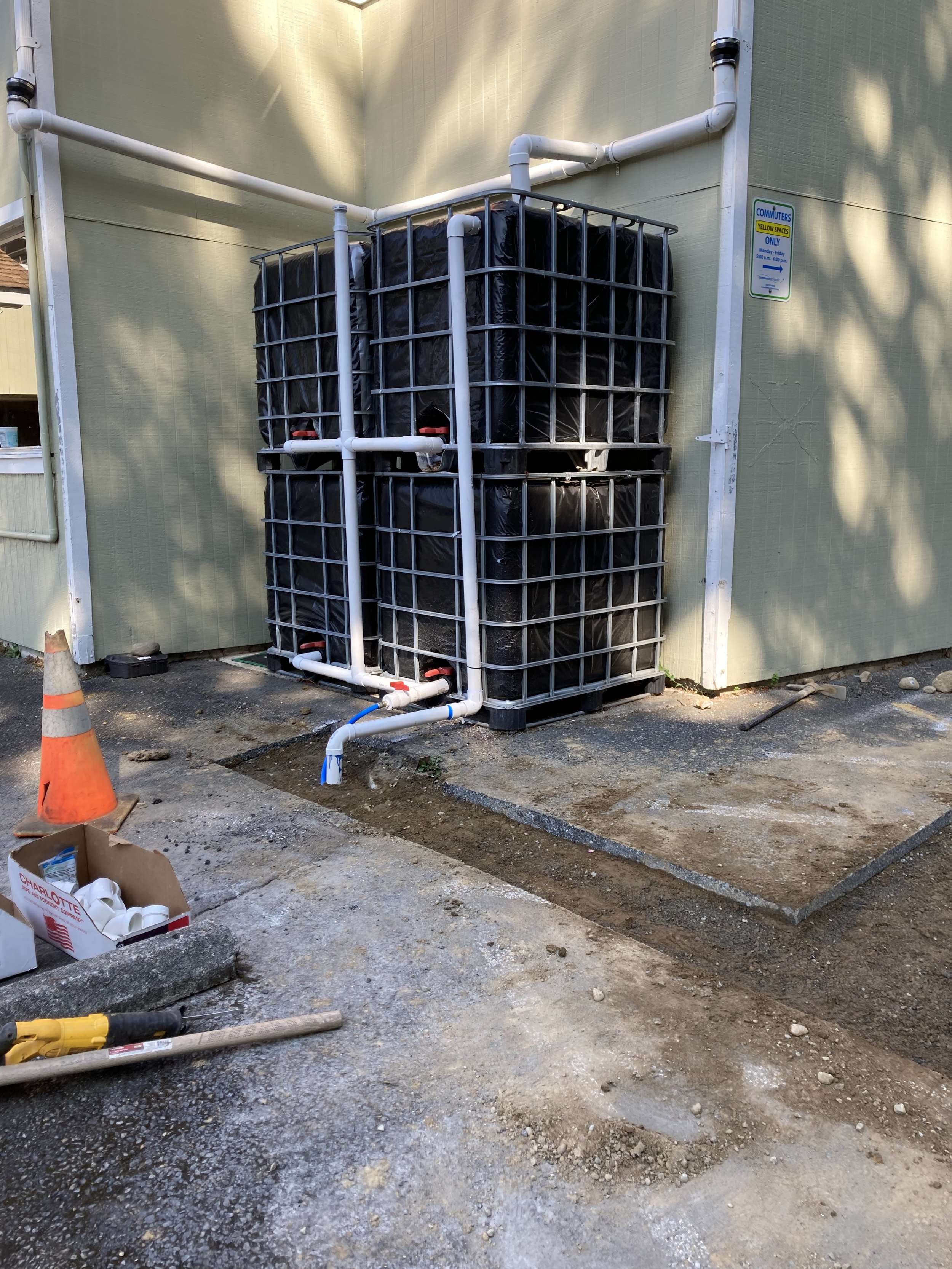Growing Community, One Garden at a Time
/In recent years, local interest in community gardens—and the need for them— has increased significantly. Our Urban Agriculture team has been happy to support this growing trend.
A young girl stands beside a raised garden bed donated to the Early Childhood Education and Assistance Program in Everett.
“The momentum we’ve had from existing work is giving us more and more traction by word of mouth,” Urban Agriculture Coordinator Joe Crumbley said.
We’re working with more cities and non-profits than ever before to install and expand sustainable community gardens. In 2021, Joe distributed 70 raised garden beds and 12,737 vegetable starts to individual homeowners and organizations.
While our Lawns to Lettuce program still provides technical assistance to individual properties, we’re shifting our focus towards projects that maximize our impact.
Renew Church in Lynnwood is a prime example of this. We installed twelve new raised garden beds, including five ADA accessible beds in the church’s community garden. These additions helped increase their capacity from 15 raised garden beds to a total of 27! Our team also installed rain barrels that will provide drip irrigation to several of the beds.
Gardens like these increase food security and give community members the opportunity to get outside and grow healthy food.
“Giving people the chance to grow whatever food they want allows them to retain some of their cultural identity, and in some cases, even their religious traditions,” Community Conservation Program Manager David Jackson said. “It gives them a level of dignity that other food systems may not provide.”
Like many places in Snohomish County, Renew Church is diverse. Their multi-ethnic congregation is composed of cultures spanning the globe and four languages, including Spanish, Russian, Persian, and English. Creating a space where congregation members and the community could grow food that’s important to their culture was one of the church’s priorities.
Over the last few years, our Community Conservation team has provided technical assistance and installed several projects for Renew Church, including a rain garden that captures and filters runoff from their parking lot.
We also constructed a 1,600-gallon tote system that collects roof runoff and then filters and pumps the water to several of the raised beds for drip irrigation. In addition to their rainwater catchment and irrigation system, the church has their own composting system and uses consistent crop rotation. Some of the food that’s harvested from the garden is donated to their on-site food bank, which provides locally-grown and nutritious food to the greater community.
“This garden is a great representation of sustainable urban agriculture practices,” David said. “We’re proud to have helped Renew with so many of their projects. They encapsulate just about everything our team strives for in a partnership.”
We’re looking forward to more projects like those with Renew Church and building upon the current momentum behind our Urban Agriculture program. The coming year is “ripe” with multiple grant opportunities that provide education and continue to support food access and natural resource conservation!
